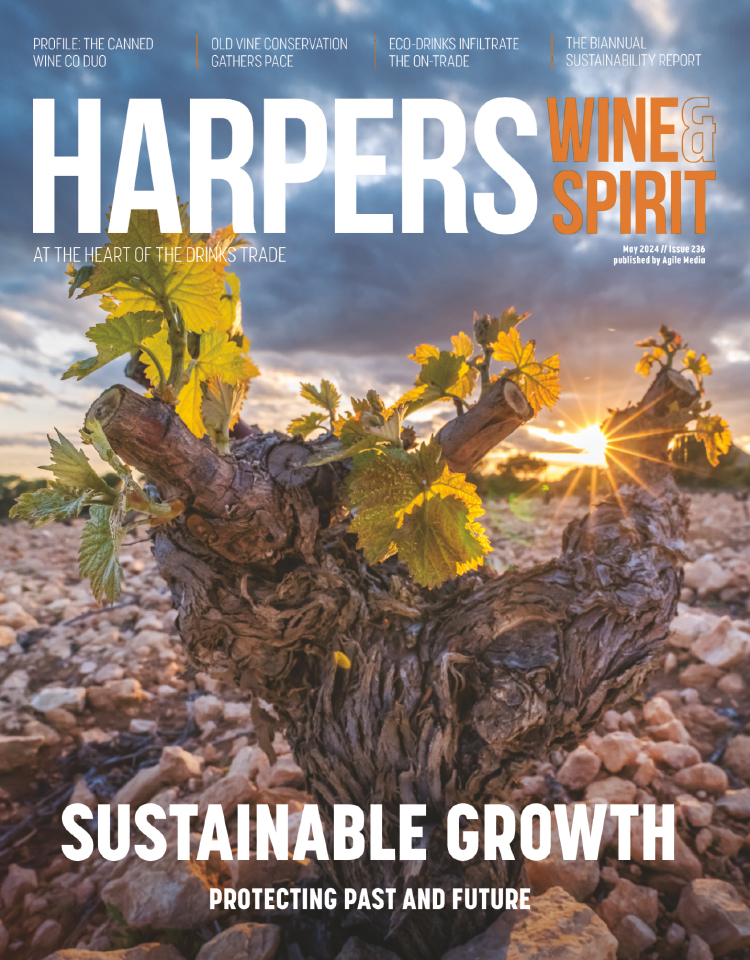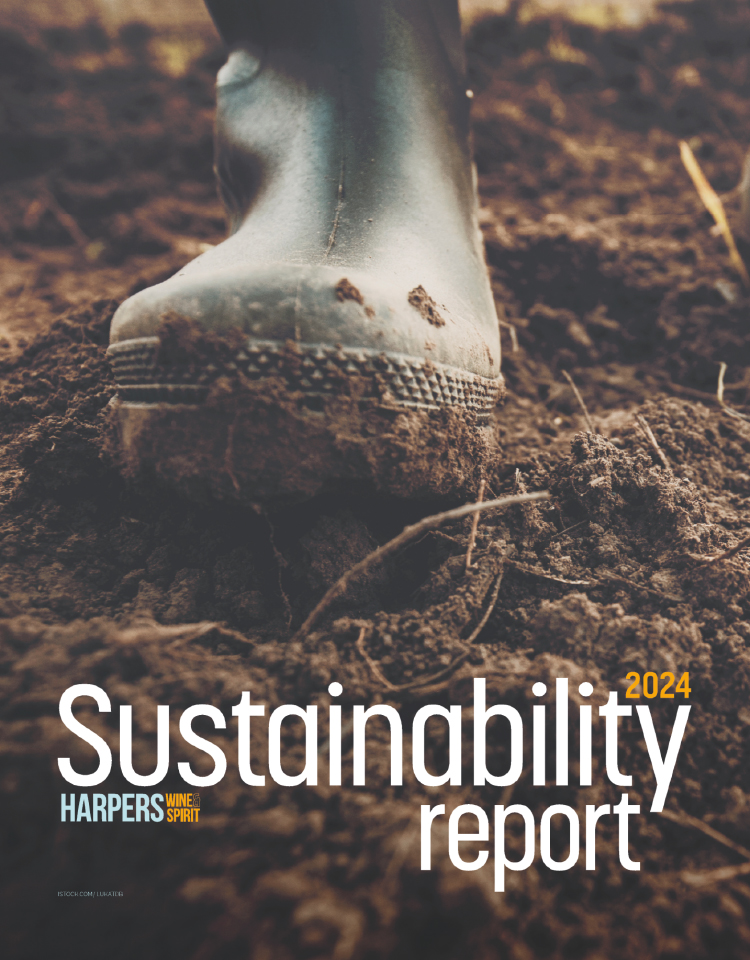
Most mums-to-be think official alcohol guidance stricter than it is, Drinkaware research shows
New and expectant mums have stricter views on drinking during pregnancy than the current government guidelines according to research from the responsible alcohol information charity Drinkaware.
A YouGov survey for the organisation showed that 88% don't approve of drinking during pregnancy at all, or approve of only an occasional sip or on special occasions.
Only one in five could correctly identify the current guidance and eight out of 10 think it's stricter than it really is.
Half said they weren't given any advice about drinking while pregnant with almost a fifth having to seek out advice themselves.
Warnings about the danger of drinking during pregnancy form part of the drinks industry's commitments on alcohol labelling as part of the Responsibility Deal with government and other stakeholders.
The government's own chief medical officer advises that pregnant women should avoid alcohol altogether. If they do drink, they should have no more than one or two units once or twice a week to minimise risk to the baby.
The risk of miscarriage, stillbirth, premature birth, small birth weight and foetal alcohol spectrum disorders (FASDs) are increased with alcohol consumption.
Drinkaware's research suggests that very few women (2%) exceed the official guidelines.
Some 56% said they received conflicting evidence from different sources and a third said information was not clear or easy to understand.
Midwives were the biggest source of unrequested advice while women are most likely to use the NHS website when seeking out advice for themselves.
Drinkaware chief executive Elaine Hindal said: "When we spoke to mums they told us the variety of information available on alcohol and pregnancy can appear to be conflicting.
"Our research highlights the importance of parents receiving clear and consistent advice so that they can make informed choices about drinking alcohol during pregnancy. For many mums the current government guidelines do not go far enough."
Julia Brown, chief executive of charity The FASD Trust, said: "The health of the next generation continues to be put at a significant risk of being affected by FASD.
"We would prefer the UK to follow the international medical community, giving a clear message of no alcohol during pregnancy, which removes all ambiguity and risk to both the unborn child and the mother's health."






